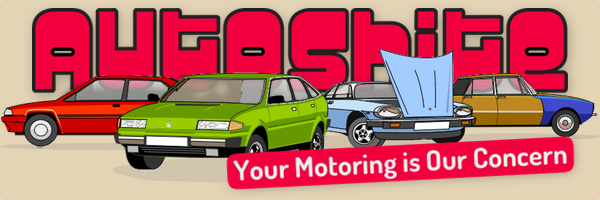IET Article - Car engines to increase in size following VW emissions scandal
-
Similar Content
-
Average car age on the increase - what’s yours? 1 2 3 4
By rusty_vw_man,
- 100 replies
- 4,323 views
-
Steam engines, cars, lorries and old tat
By N Dentressangle,
- 1 reply
- 269 views
-
- 216 replies
- 28,189 views
-


.thumb.jpeg.95bf4c1bbc238073f8ac39f7eb6c0f56.jpeg)


Recommended Posts
Create an account or sign in to comment
You need to be a member in order to leave a comment
Create an account
Sign up for a new account in our community. It's easy!
Register a new accountSign in
Already have an account? Sign in here.
Sign In Now